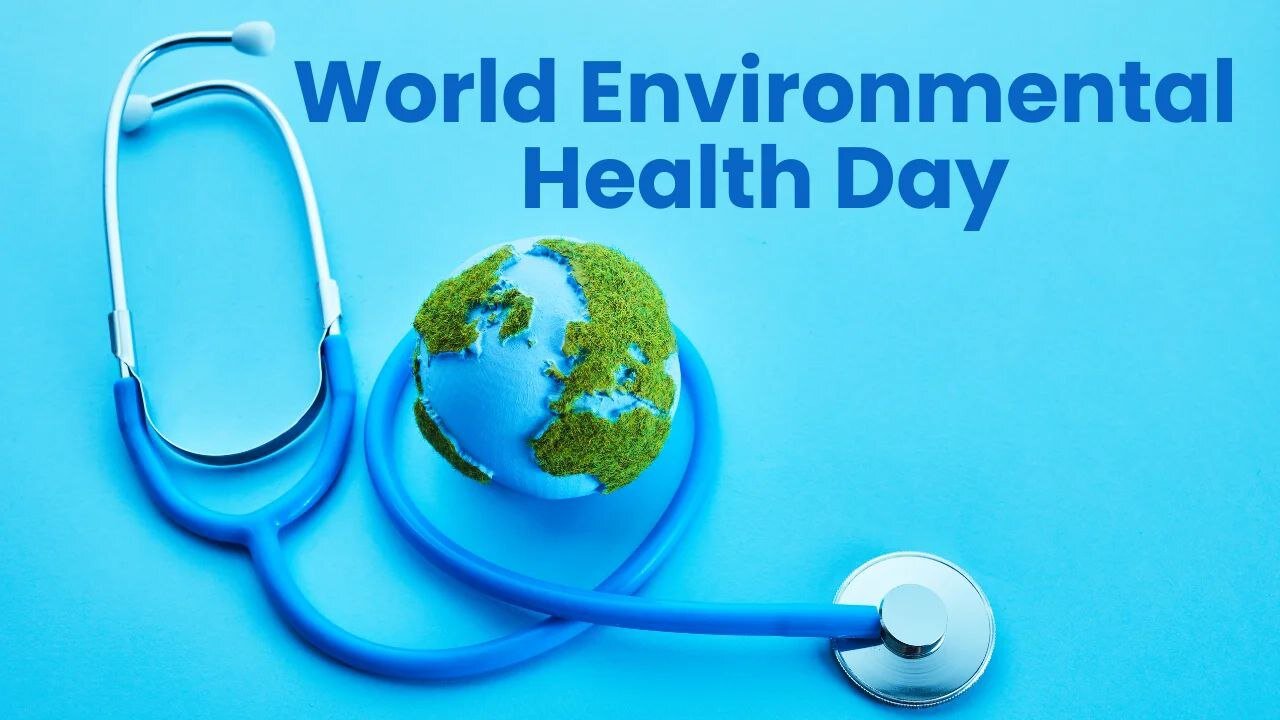‘Environmental health is cornerstone of community health’

TEHRAN – Environmental health is the cornerstone of community health, a valuable opportunity to reflect on the importance of a healthy environment and its vital role in ensuring human health and well-being, an official with the health ministry has said.
In a situation where air pollution has become a serious health hazard in metropolises and industrial areas, contributing to a large share of premature deaths worldwide, it is critical to adopt scientific, cross-sectoral approaches to reduce air pollutants’ emissions and enhance air quality through clean energies, IRNA quoted Alireza Raeisi as saying.
The official made the remarks on the occasion of the World Environmental Health Day, which is celebrated on September 26 every year.
Lauding the efforts of environmental health experts and managers, Raeisi expressed hope to improve environmental health by utilizing modern technologies and the expertise of the universities of medical sciences.
This year, the World Environmental Health Day's theme, ‘Clean Air, Healthy People’, underlines the role of air quality in promoting public health. The focus of the day is to promote awareness and action on the impact of clean air on public health, addressing air pollution, climate change, and respiratory diseases.
Air pollution contributes to respiratory diseases, heart conditions, and climate change. Everyone has a role to play in reducing air pollution and advocating for clean air policies. Sustainable practices and policies can mitigate the effects of air pollution and improve people’s health and wellbeing.
According to the World Health Organization (WHO), a healthy environment could prevent nearly a quarter of the global disease burden.
The ongoing environmental crisis is profoundly affecting health as climate change intensifies, biodiversity declines, and pollution becomes ubiquitous. The health impacts of poor environmental conditions occur not only directly but also indirectly, through effects on food production, migration, economic instability, and social inequalities.
Urgent action is needed to transform how we live, work, produce, consume, and govern. Strengthening primary prevention is essential, given the substantial reduction in disease burden it can offer, as well as the potential savings in healthcare costs and resources. Cross-sectoral collaboration is crucial in addressing the environmental determinants of health, including the health, energy, industry, agriculture, and transport sectors. Integrating actions across these sectors often leads to significant co-benefits and cost reductions.
Air pollution
Emission sources of fine particles include a variety of combustion activities (motor vehicles, power plants, wood burning, etc.) as well as specific industrial processes. These particles are emitted directly or as secondary pollutants in the atmosphere.
In general, the main sources of particulate matter emissions are fuel combustion, such as burning coal and wood, diesel engines, industrial and agricultural processes, and vehicle emissions. Suspended particles generally affect the air quality during the cold months.
Numerous scientific studies on particles show that exposure to the particles causes many health problems, including premature death in patients with heart and lung diseases, non-fatal heart attacks, irregular heartbeats, lung cancer, exacerbation of asthma, decreased lung function, increased respiratory symptoms, reduction in fertility rates, and ultimately leads to a decrease in life expectancy.
According to a report released by the Health Ministry, air pollution in Iran leads to 50,000 deaths each year, of which 7,000 occur in Tehran.
Air pollution also accounts for 2,029 and 661 deaths in Isfahan and Arak, respectively. The costs of air pollution on the health system in Isfahan amount to 796 million dollars, and in Arak, it is equal to 2.564 million dollars.
Environmental regulations, the enforcement of strict laws, and the development of renewable energy are essential to curb air pollution.
Raising public awareness of the harmful effects of pollution and training the ways to deal with it, improving waste management systems, sewage, and water treatment, and improving public health via the development of health services in deprived areas are some other effective measures to address air pollution.
Policies to reduce air pollution, therefore, offer a win-win strategy for both climate and health, lowering the burden of disease attributable to air pollution, as well as contributing to the near- and long-term mitigation of climate change.
MT/MG
Leave a Comment